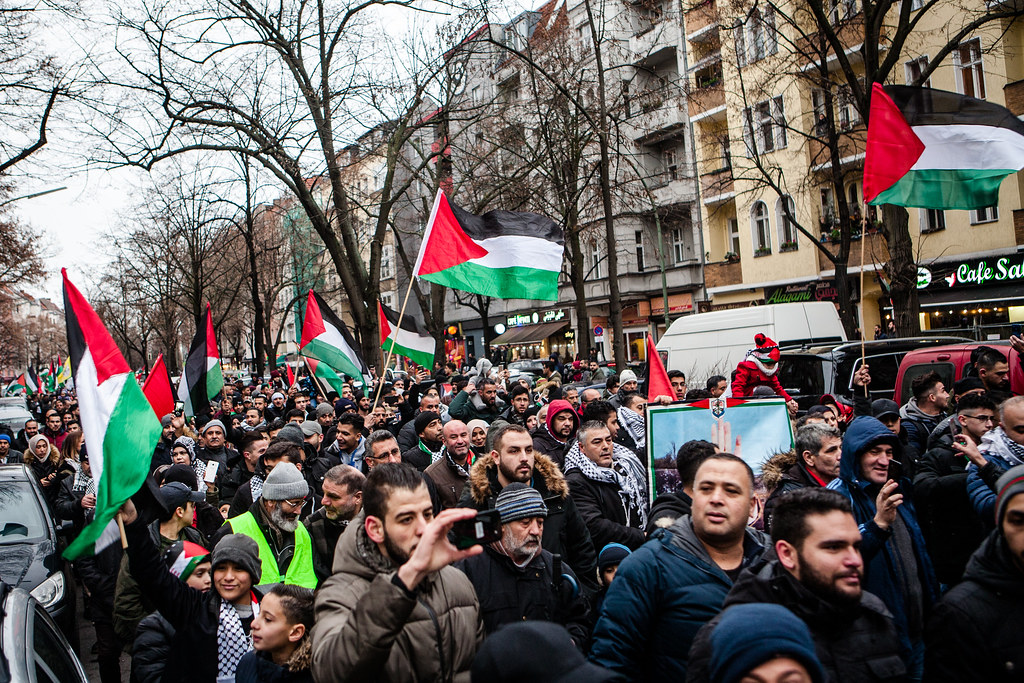Content warnings: racism, islamophobia, harassment, and death
Whenever there’s unrest in the Middle East, there is a rise in anti-Arab sentiment and Islamophobia as well as increased desensitization towards Arab and Muslim suffering.
Discrimination takes many forms from racist language to homicidal hate crimes. Just a few days ago, in Chicago, a six year old Palestinian, Wadea Al-Fayoume, was stabbed to death by his landlord in his own home. The landlord also stabbed his mother while yelling “you Muslims must die.”
This is a pattern. According to the Human Rights Watch, anti-Muslim hate crimes increased “seventeen-fold” from 2000 to 2001 in the U.S. alone, following the 9/11 attacks. After the 2015 terror attack in Paris, there was another spike and Republican Party frontrunner at the time, Donald Trump, made a statement declaring his ‘Muslim ban’ – which he later enacted as president under Executive Order 13769. Now, according to the Guardian, Trump has claimed that, if he wins the election in 2024, he will not allow refugees from Gaza into the U.S. and will expand his ‘Muslim ban.’ Due to this ban, I myself have been subject to a “random” security check (full body search) by the TSA when I was 15 years old – funny that all the other “randomly selected” people had a similarly dark hue to me.
According to the Southern Poverty Law Center, there are 39 anti-Muslim organizations in the U.S. as of 2022. Brigette Gabriel, founder of the ACT for America organization has said that “the Arab Muslim world, because of its religion and culture, is a natural threat to civilized people of the world.” The very fact that these organizations are allowed to exist, suggests that such disgusting rhetoric is acceptable when it shouldn’t be.
Europe, too, has become increasingly Islamophobic; my own experience growing up here has been a poignant reminder. “Hijabs should not be allowed in schools” and “Islam is inherently an oppressive religion,” are things I have heard from my classmates in high school. This mindset is reinforced by discriminatory laws like those in France which prohibit women from wearing full-face veils and burkinis.
The language used to talk about us normalizes Islamophobia and anti-Arab racism. The utilization of words like terrorism in western media have become synonymous with Islam, a discourse that is becoming increasingly damaging to those whose only encounter with islam is through what’s discussed on TV. The weaponization of language can be contextualized when we look at the Israeli Defence Minister, Yoav Gallant, who announced their siege on Gaza he claimed they are “fighting human animals.”
Conflict in the Middle East and its depiction through the media has been made to illustrate these people as subhuman. It is up to us not only at our university but across the world to not forget the humanity behind those who are oppressed, fighting for their lives and freedom, for their be voices to be heard.
“Palestine solidarity protest” by Hossam el-Hamalawy حسام الحملاوي is licensed under CC BY 2.0.

